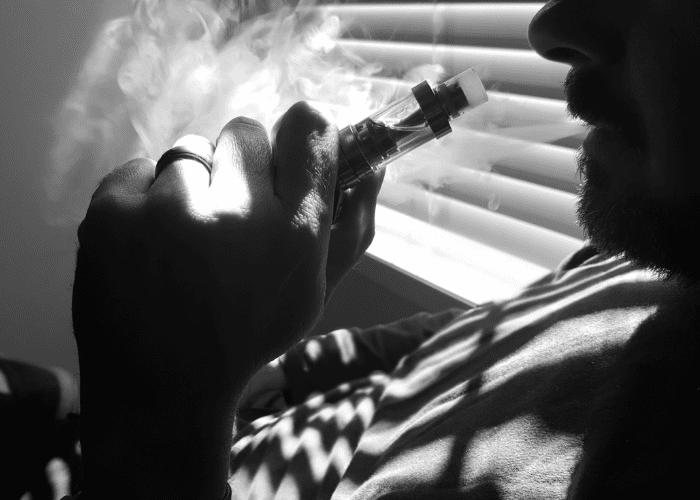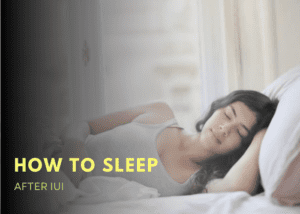If you have quit smoking, that’s the very best thing you can do to prolong your life. But, are you having difficulties sleeping? Is it normal to have insomnia when you quit smoking?
Quitting smoking can lead to sleep disturbance for a few weeks while your body cleans out the nicotine. Selfhelp can include:
- Reducing the amount of caffeine you intake.
- Light exercise.
- Take warm baths to help you relax.
Quitting smoking can have many benefits for your health, including improving your sleep. Here are a few strategies that may help you sleep better after quitting smoking:
- Create a relaxing bedtime routine: A relaxing bedtime routine, such as taking a warm bath, reading a book, or listening to soothing music, can help you wind down and prepare for sleep.
- Avoid screens before bed: The blue light emitted by screens can disrupt your natural sleep-wake cycle, making it harder to fall asleep. Avoid screens for at least an hour before bed.
- Avoid caffeine and alcohol close to bedtime: Caffeine and alcohol can disrupt sleep and should be avoided close to bedtime.
- Create a comfortable sleep environment: A cool and dark room, a comfortable bed, and minimal noise can all help you get a better night’s sleep.
- Engage in relaxation techniques: Deep breathing, progressive muscle relaxation, or mindfulness meditation may help you relax and fall asleep more easily.
- Consider talking to a healthcare provider: If you are having persistent difficulty sleeping after quitting smoking, a healthcare provider may be able to offer additional guidance and support. They may recommend medications or other treatments to help you sleep better.
Will my sleep patterns return to normal after I quit smoking?
Providing there were no symptoms of insomnia or anxiety before you started smoking, you should be able to return to a regular sleep routine.
If you are struggling to sleep, the key is to persevere, it’s easy to say, but it’s the truth. If you do have insomnia, you need to find a way to sleep after quitting smoking.
Take a holistic look at your lifestyle; you have quit smoking, so delete some other things that are detrimental to your health and maybe cut down on the amount of caffeine you consume.
Reducing caffeine and taking light exercise will teach you to sleep better after quitting smoking.
If there is no deep-rooted underlying problem causing insomnia, you should establish a sleep routine that may start in the early evening.
Exercise to make you sleepy, a long walk, it doesn’t have to be brisk or make you sweat, just the act of light exercise will suffice. Avoid spicy food and greasy food. Don’t eat heavy meals at night.
The key to good sleep is creating an environment conducive to sleep. Have a warm bath and soak your muscles. Use aromatherapy oils to help you relax.
Create an electronics curfew. It will pay dividends. Do not take your smartphone or laptop into the bedroom. Remove the distractions, and your emails can wait.
Read a book in bed. Your eyes will become tired, and avoid horror stories.
Light from computer screens and phones is similar to daylight and tricks your circadian rhythm into thinking you don’t need sleep.
Don’t keep standby lights on in the bedroom. They are bright and can prevent you from sleeping. And, of course, make the bedroom dark without ambient light.
Keep your bedroom cool, and a cool room will help you sleep.
Will a nicotine patch help me sleep after quitting
Nicotine patches are a type of nicotine replacement therapy (NRT) that can be used to help people quit smoking. While nicotine patches can be effective in reducing withdrawal symptoms and cravings, they may not necessarily improve sleep. Some people may find that using a nicotine patch helps them sleep better, while others may experience no change in their sleep patterns.
Nicotine is a stimulant that can disrupt sleep, so it is possible that using a nicotine patch may interfere with sleep in some people. However, the effects of nicotine on sleep may vary depending on the individual and the dosage of the patch. It is also important to note that quitting smoking can have many other positive effects on sleep, such as improving sleep quality and duration.
If you are having difficulty sleeping after quitting smoking and are considering using a nicotine patch, it is important to speak with a healthcare provider for guidance. They can help you determine whether a nicotine patch is appropriate for you and can recommend the most appropriate dosage and duration of use.
How to stop vaping and vaping while sleeping?

You need to decide how to sleep after vaping if you vape, as vaping contains nicotine.
You can use an e-juice low in nicotine or does not have nicotine. If you must vape, then adjust what you vape through the day,
Try to allow time for the nicotine to subside in your body; you can do this by changing to a non-nicotine vape liquid 8 hours before you sleep.
A lot of the vaping addiction is the same as smoking, and a big part is the action of physically holding your vape pipe and the action of drawing and inhaling.
Choosing a nicotine-free vape liquid will break your dependence on nicotine and help you return to your regular sleep pattern.





